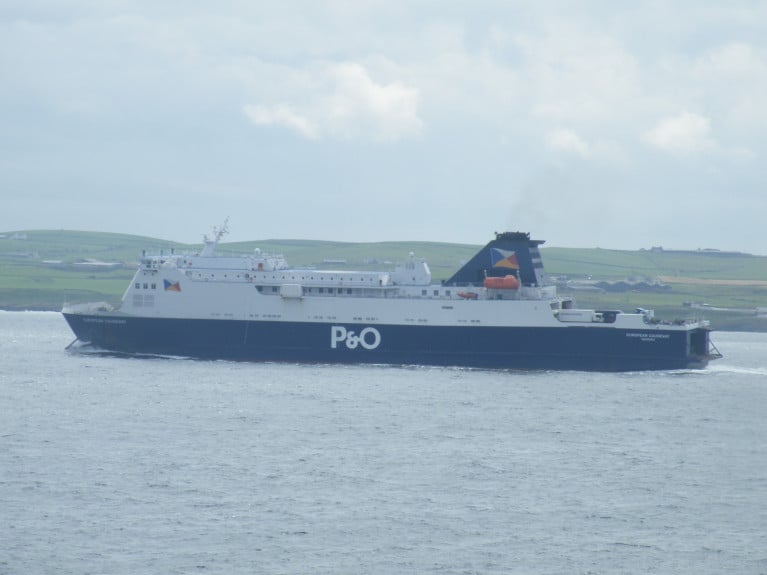Displaying items by tag: Ferry returns
Operator P&O Ferries Reintroduce Spirit of France On Dover-Calais Route
The operator P&O Ferries which has routes on the Irish Sea, North Sea and the Strait of Dover has reintroduced one of its ferries onto the short sea route to Calais.
As KentOnline reports, the ferry Spirit of France which had completed annual dry-docking and refit returned on to the UK-France route on Monday.
Since the reintroduction, P&O now has 184 sailings based on the four ferries in service including the Spirit of Britain.
A spokesman for the firm said: "P&O Ferries aims to provide customers with the best possible ferry experience and in line with these aims we undertake an annual refit of our ships in the Dover – Calais rotation.
Afloat.adds that P&O is to introduce newbuild ferries built in China for the route. They will be the biggest ever to serve the link and that of any operator also competing on the busy short-sea route.
In a new depature is that the new ferries will notably be the first on the route to have a double-ended design. This involves two bridges at both ends as well to the same vehicle bow design which will reduce times spent in port.
The first of the diesel-battery hybird powered twins, P&O Pioneer is expected to enter service this Spring, whereas P&O Liberte is to follow later in the year.
Together, the newbuilds will replace the oldest tonnage of the ferries, the 'Darwin' class Pride of Kent and Pride of Canterbury.
Ferry European Causeway Back in P&O Service after Inspection
A ferry operated by P&O which spent hours adrift in the Irish Sea on Tuesday is back in service after passing an inspection.
The European Causeway lost power off the County Antrim coast while sailing from Scotland to Northern Ireland.
The Maritime And Coastguard Agency (MCA) said the ferry would have to remain in dock until it was reviewed.
An MCA spokeswoman said: "Our surveyors have carried out a full inspection of the European Causeway and are satisfied that it is safe to sail again."
P&O has experienced difficulties in the last few months, having sacked 800 of its workers across the UK without notice and replacing them with cheaper agency workers paid below the minimum wage.
BBC News has more including UK government call on P&O to repay £11m in furlough money it received during the coronavirus pandemic.
One of Two Irish Sea Ships of P&O Ferries Cleared as Firm Tries to Resume Normal Sailings
On the Irish Sea is where one of the two P&O Ferries vessels which was being held for inspection has been cleared to sail, as the company attempts to resume normal operations.
The UK's Maritime and Coastguard Agency (MCA) said the Norbay has been cleared while the European Highlander is still under inspection.
The ships were being inspected while the company attempts to resume normal operations after sacking nearly 800 workers.
A spokesperson for the MCA said a vessel called the Spirit of Britain is now also under reinspection (since cleared according to KentOnline).
"Our surveyors have completed the inspection of the Norbay and it has been cleared to sail. "The inspection of the European Highlander which began yesterday is ongoing," the spokesperson said.
More on this developement, RTE News reports.
Afloat tracked the Norbay to Dublin Port yesterday afternoon having completed its first crossing from Liverpool from where the ropax has been tied up following suspension of services which began on 17th March.

























































